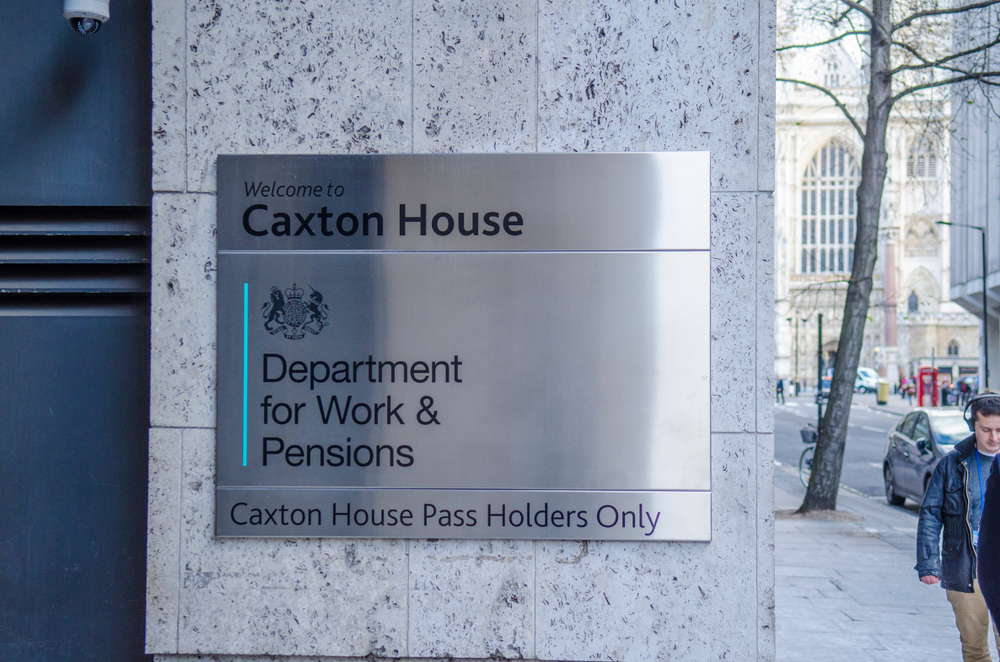The number of employers who reported an automatic-enrolment opt-out rate of between 20 and 29 per cent increased from less than 1 per cent in 2021 to 4 per cent in 2022, Aon UK has revealed.
Aon UK’s latest survey, Benefits and Trends 2022, reported that this increase in opting out could be attributed to the financial pressures of the pandemic as some households saw a reduced income.
The survey also found that there was an increase to 15 per cent of employers reporting their opt-out rate was unknown (up from 12 per cent in 2021). However, overall opt-out rates remained low as 63 per cent of employers reported opt-out rates of 9 per cent or less.
Aon UK workplace pensions and financial wellbeing, Martin Parish, stated that rising inflation is “testing the financial resilience” of households and individuals, many of whom have also faced reduced income over the past two years.
Parish continued that people have been facing cost-of-living issues that have been unseen for decades and they are having to make difficult decisions on how best to spend their money and, therefore, some may be tempted to cut back on saving to free up cash and, inevitably, one area many are likely to look at will be their pension contributions.
Parish additionally advised that employers should provide information and education about the implications of pension contribution flexibility, with the aim of helping employees make better decisions.
Employers providing options such as allowing a pension ‘holiday’, moving the scheme to a non-contributory basis, or holding off from any planned pension contribution increases, were also suggested by Parish.
However, "in reality, maybe a few employers will take the step of offering pension flexibility over and above employees opting out, while many may instead prefer other corporate measures centred on pay and bonus to alleviate financial pressures", he warned.
According to Parish, another way that schemes can demonstrate flexibility is through giving employees greater control of their salary sacrifice pensions contributions.
"Our Benefits and Trends 2022 survey found that almost 70 per cent of UK schemes are offering salary sacrifice as the default method for making contributions. A further 19 per cent offer salary sacrifice as a choice for members, meaning that only 11 per cent have yet to implement this facility. Salary sacrifice should be ‘standard’ practice for the right employee group," he said.
Although the survey found that employers offered a variety of pension education methods, such as pension seminars (45 per cent), retirement pension seminars (28 per cent), and access to independent financial advice (20 per cent), it was revealed that 37 per cent of employers offer no financial education at all.
Aon UK workplace pensions technical lead, Adam Burn, commented: “Putting additional flexibilities in place is a vital first step.
“Employers need to ensure that employees are aware of these different retirement planning options to allow them to reduce or enhance their contributions in line with what they can afford.
“It is important that both short- and long-term planning is front of mind, empowering people to free up cash today, without compromising their long-term pension pot.
“In that context, it’s a concern that our Benefits and Trends survey showed that 37 per cent of employers still don’t offer any financial education. Even more worrying was that it represented an increase from 35 per cent in 2021.”
However, the survey found that the majority of employers take workplace pensions “seriously”, finding that 72 per cent of respondents operate formal pension scheme governance. Also, 71 per cent have reviewed their pension scheme since 2015, and 89 per cent reportedly review the investment performance of their respective default arrangement regularly.
The survey also revealed the factors most likely to make members consider changing their pension provider. Reducing member charges was found to be the most influential as 30 per cent of those surveyed described it as being the most likely factor to make them change their provider.
Other factors included administration issues (21 per cent described it as most likely), improving online facilities (21 per cent) and investment options (20 per cent).
Introducing in-scheme decumulation options was found to be the least influential factor in changing pension provider, as 68 per cent of those survey said it was the least likely to get them to change provider.
Latest News
-
Govt urged to include investment companies in Pension Schemes Bill
-
Industry opposes Reform UK’s proposed LGPS changes
-
Half of over-60s face inadequate retirement income as gender gap persists
-
Kier Group pension scheme completes £9.5m risk transfer deal with Just Group
-
Trinity Retirement Benefit Scheme secures £270m BPA deal with M&G
-
UK pension scheme completes £40m private debt transfer
Private markets – a growing presence within UK DC
Laura Blows discusses the role of private market investment within DC schemes with Aviva Director of Investments, Maiyuresh Rajah
The DB pension landscape
Pensions Age speaks to BlackRock managing director and head of its DB relationship management team, Andrew Reid, about the DB pensions landscape
Podcast: From pension pot to flexible income for life

Podcast: Who matters most in pensions?

In the latest Pensions Age podcast, Francesca Fabrizi speaks to Capita Pension Solutions global practice leader & chief revenue officer, Stuart Heatley, about who matters most in pensions and how to best meet their needs
© 2019 Perspective Publishing Privacy & Cookies










Recent Stories